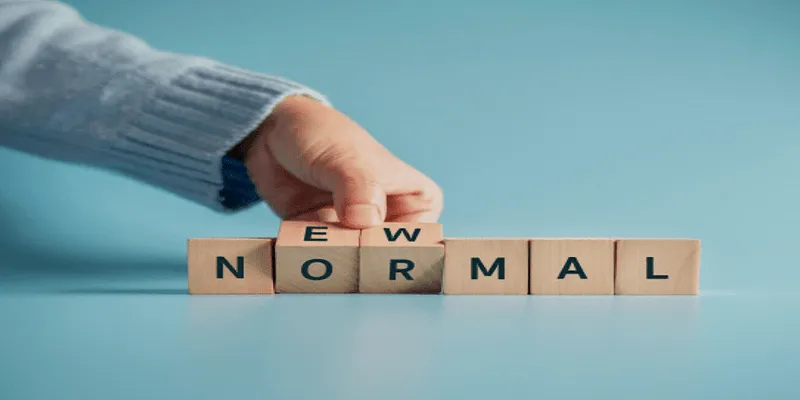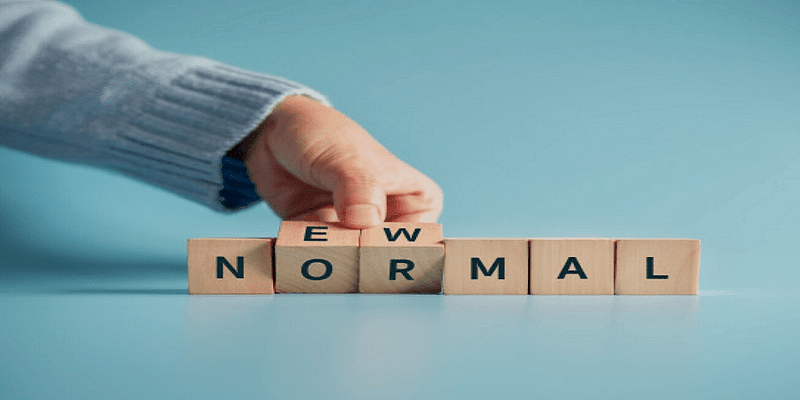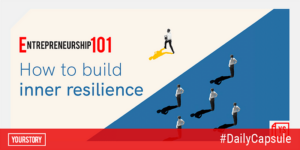It was a fun first half of the day: On a recent weekend, I met a friend in downtown Bonn to check out the city’s famous cherry blossoms. We took some photos, grabbed a coffee, and did our shopping at the local farmers market, then stopped by a patisserie to pick up a sweet treat for lunch ― all of course while wearing our masks. As were most of the people around us.
We were being safe, we had a good time, and it was a welcome break from all the time I had been spending alone in my apartment these days. Then, why did I still feel utterly exhausted by the time I got home?
Normally, in the “before” world, I would not have had to lie down for half an hour after spending a nice spring morning with a friend outside.
But apparently, this is what walking around in a busy city ― even with almost everyone wearing masks and without spending any significant time indoors ― does to me now. I am no longer used to seeing people, beyond on my single weekly trip to the small grocery store in my rural neighbourhood.

Getting a small taste of something akin to normal life was enough to convince me that not everything is immediately going to be all hunky-dory once the pandemic ends. Although I look forward to it as much as the rest of the world, the return to normal is not going to be easy ― at least not for me.
Almost half of the British citizens feel the same way, polling institute YouGov has found. In a representative survey of more than 1,600 British citizens, 49 percent said they would find it hard “to adjust back to how life was before March 2020,” when the United Kingdom started experiencing the full effect of the COVID-19 pandemic. Some 42 percent said they’d find it easy, while 8 percent said they didn’t know.
Connor Ibbetson is a data journalist with YouGov and the person who came up with the idea for the poll. The reason was simple: He was nervous about the return to normality himself.
“I was out and about, and I felt a little bit anxious [about] all the people that were on the street,” Ibbetson told DW. “I suspected there’d be many other people who feel this way.”
A year of isolation leaves after-effects
Ibbetson admitted he ended up being surprised by just how many people felt this way ― nearly half of all respondents. But clinical psychologist Julia Faulconbridge said the numbers didn’t shock her at all.
“This was exactly what I expected,” Faulconbridge, who is a member of the British Psychological Society, told DW. “If people didn’t have concerns about these big changes in their lives, then I’d be surprised.”
Some people who are particularly at risk for a severe course of illness if they caught COVID-19 have been isolating for more than a year at this point. Faulconbridge’s husband has had to be extraordinarily careful due to a health condition, and the psychologist has stayed home as well in an effort not to put him at risk; the couple hasn’t been inside a grocery store since March of last year.
For people like them, the thought of going out and being among people again is daunting. But half of the UK’s population?
COVID: An invisible danger
“We have all been globally traumatised,” Brett Kahr, a psychotherapist and spokesperson for the UK Council for Psychotherapy, said. Sure, humanity has seen trying times before ― but they were hard in a different way.
“The world has felt a very unsafe place” in the pandemic, Kahr told DW. During the war, you can feel safe if you are far away. “But the coronavirus is transmitted through the air, and every single one of them over seven billion human beings on this planet share the same air,” Kahr points out. “I think it has really challenged our basic sense of safety.”
Another difference that has people anxious: During the war, the enemy is apparent ― the danger is recognisable as the men wearing the opponents’ uniform. But with corona, “your husband or your child could be the ‘enemy,'” Kahr explained.
Or any person you stand next to in line at the supermarket, sit behind in a restaurant, are pressed against during a concert ― the YouGov survey showed that the single biggest issue people are concerned about when they look to post-COVID-19 times is being out in public surrounded by other people again.
‘Small steps’
Everyone has been affected by the pandemic in some way and has had their sense of safety challenged. But not everyone has qualms about returning to doing things the old, pre-March-2020 way.
“No two people will manage the coming back to the world at the same speed,” Kahr said. “It’s a bit like young people going out on dates,” he continued. Some people are very confident, whereas others are petrified. “No two people will be approaching this from the same starting point.”
That’s what Faulconbridge stresses as well. “You have to make your own assessment of what is safe for you, and then start by taking small steps.”
She said that people should consider what actually matters to them and what they have missed most during the lockdown, and start easing their way back into normality by doing that: “Like seeing my grandchild, rather than going into a pub and having a couple of beers with my friends,” Faulconbridge said.

Plan ahead, show compassion
Faulconbridge says that for those who are anxious, it is helpful to remember that they’re not alone. “The first thing is to help people understand that what they’re feeling is actually fine, that it’s normal, and that many other people feel exactly the same way, even if they’re putting a brave face on about it.”
Another good strategy to deal with anxiety about the return to normal: Plan ahead and make it clear to the people around you how you want things to go. “You can say: ‘This makes me feel quite nervous. When we first meet up, please don’t come up and try to hug me,'” Faulconbridge advised.
Plan in advance if you’re going to meet with a friend ― “then you can feel more confident going to that meeting, rather than going along worrying how your friend is going to react.”
Humans have shown a great deal of empathy and compassion over the past year. That shouldn’t stop when the pandemic comes to an end.
“Think about your family and friends, and how they might be feeling,” Faulconbridge said. “Even if you feel okay, remember that they might not.”
“Remember to ask them. Being caring means understanding that for some people, things are scarier than for others.”
(This article by author Carla Bleiker was originally published on Deutsche Welle.)
(Disclaimer: The views and opinions expressed in this article are those of the author and do not necessarily reflect the views of YourStory.)









![Read more about the article [Funding alert] Zotalabs raises $125K in seed round led by Dhianu Das from Alfa Ventures](https://blog.digitalsevaa.com/wp-content/uploads/2021/02/edtech-1614349133483-300x150.png)
